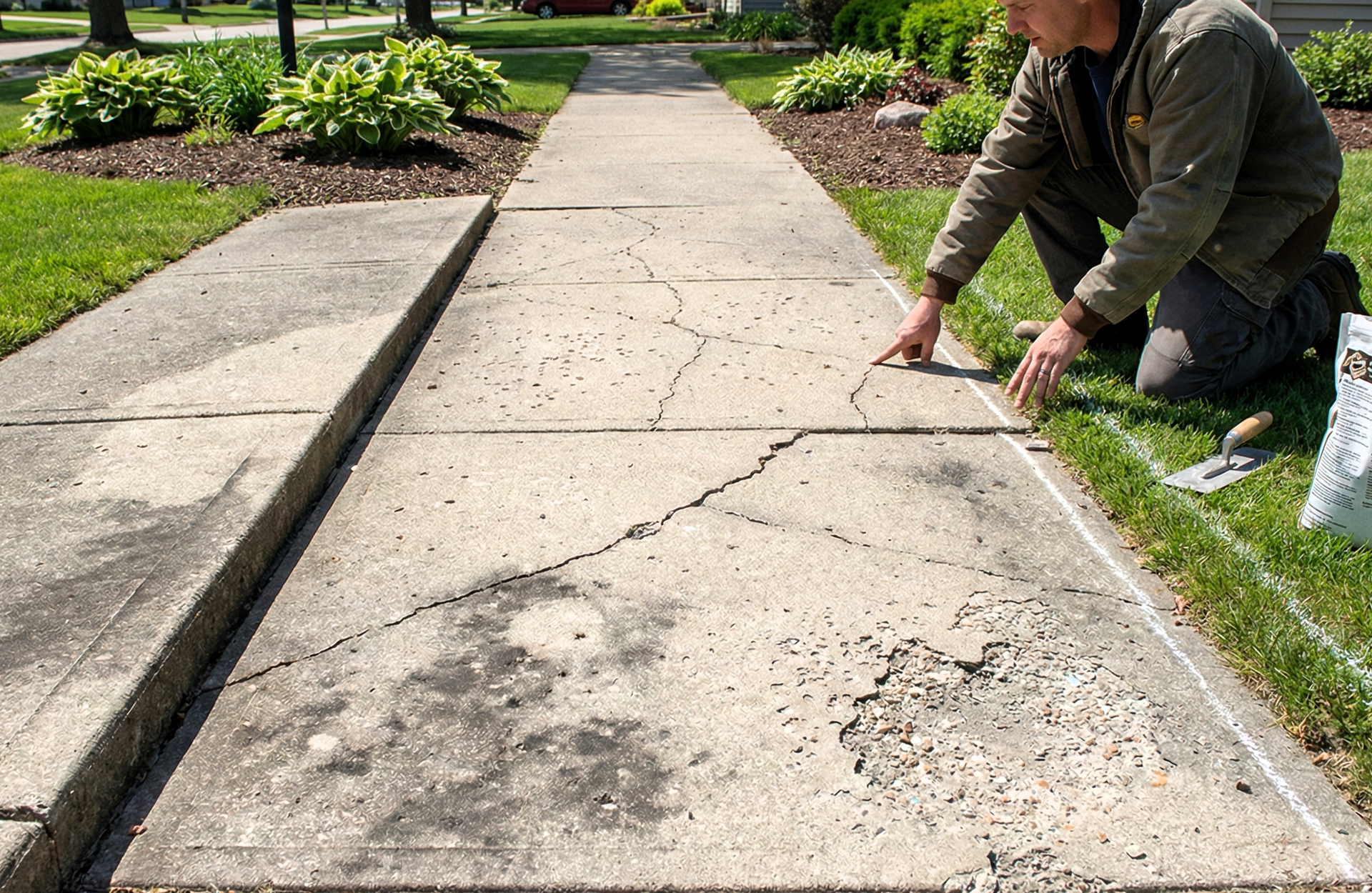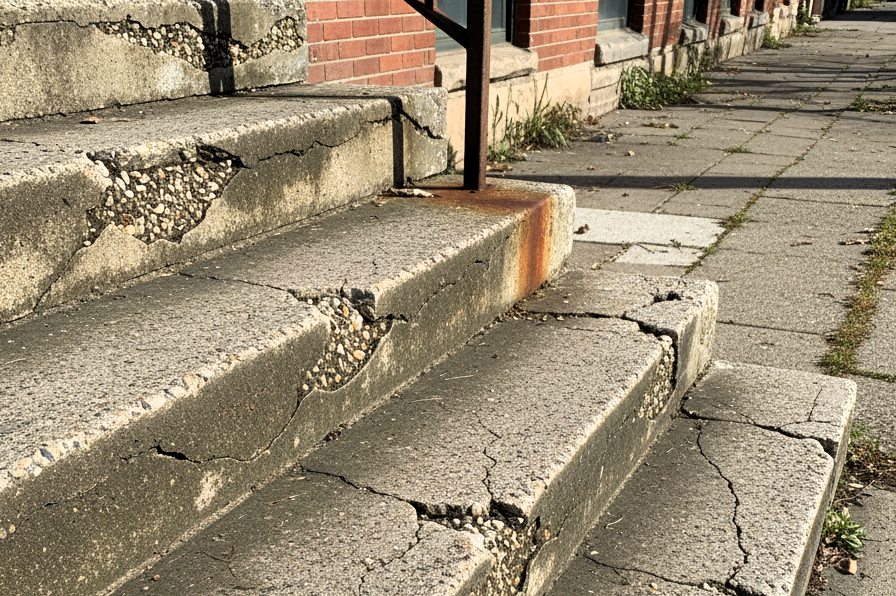Finding the Right Thickness for Your Concrete Driveway: How Thick Should A Concrete Driveway Be?
The key factors in determining concrete driveway thickness

Image Source
So, you’ve decided to go with a concrete driveway – smart choice! Concrete is tough, can withstand heavy loads, and will last for years with just a little maintenance. But before you break ground, there’s one important question to answer: How thick should your concrete driveway be? Let’s break it down in a way that's easy to understand and tailored to your needs.
Understanding the Importance of Thickness
Picture this: You’re building a sturdy foundation for your home’s entryway. The thickness of your driveway isn’t just about aesthetics; it’s about ensuring it can bear the weight of your vehicles and withstand the test of time.
What are the Factors to Consider
- Purpose: Think about what will be rolling down your driveway. For your family sedan, a standard 4-inch thickness should do the trick. But if you’re expecting heavier loads from trucks or RVs, consider beefing it up to 5 or 6 inches for added support.
- Soil Support: Your driveway’s strength starts from the ground up. Pay attention to the soil beneath it – clay soils may shift and settle, requiring thicker concrete to stand firm. A solid gravel subbase can provide a stable foundation and prevent erosion.
- Local Codes: Before you pour, check your local building codes. Most areas mandate a minimum thickness of 4 inches for residential driveways, with additional requirements for high-traffic areas. It’s all about keeping things safe and up to par with regulations.
- Weather Considerations: Living in a climate with harsh winters? Thicker concrete can help resist cracking caused by freeze-thaw cycles. Adding special additives to your mix can further boost its resilience against the elements.
- Edge Strength: Don’t forget about the edges! These areas bear the brunt of vehicle traffic and are more prone to wear and tear. Adding an extra inch or two to the edges can provide additional structural support and prolong your driveway’s lifespan.
- Budget: Let’s talk dollars and cents. While thicker concrete may come with a higher price tag upfront, it’s an investment in the long-term durability of your driveway. Think of it as an insurance policy against future repairs and replacements.
Finding Your Perfect Thickness
So, what’s the magic number for your driveway? For most residential purposes, a thickness of 4 to 6 inches should do the trick. But remember, every situation is unique. Take into account your specific needs, soil conditions, and budget constraints to determine the ideal thickness for your project.
Reinforcement Options
For extra peace of mind, consider reinforcing your driveway with wire mesh or rebar. These reinforcements won’t prevent cracks, but they can help hold your concrete together and provide added strength, especially for thicker slabs.
Selecting the right thickness for your concrete driveway is vital for its performance and longevity. By evaluating factors like soil support, intended use, and local regulations, you can establish a solid foundation for years to come. So, before you start digging, take the time to plan – your driveway will thank you in the long run.
Ready to bring your driveway dreams to life?
Contact Grand Rapids Concrete Pros today
for expert advice and professional service tailored to your needs. Let’s create a beautiful and durable concrete driveway that you’ll enjoy for years to come!





